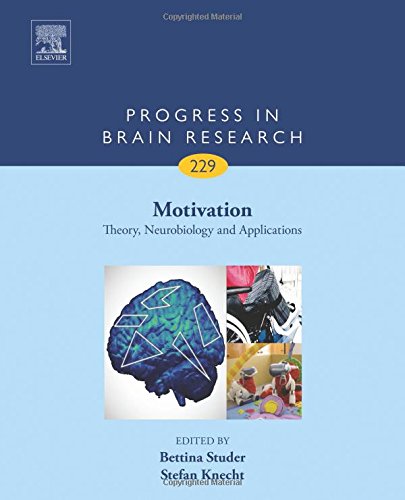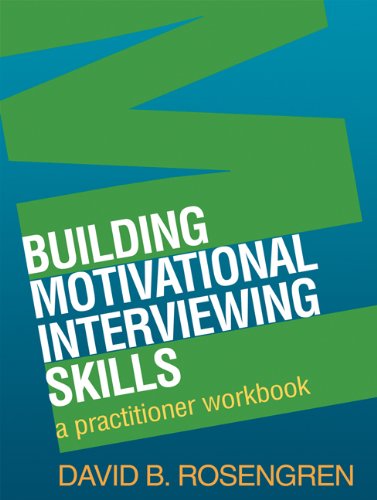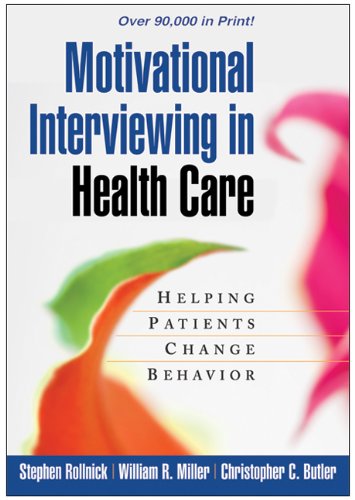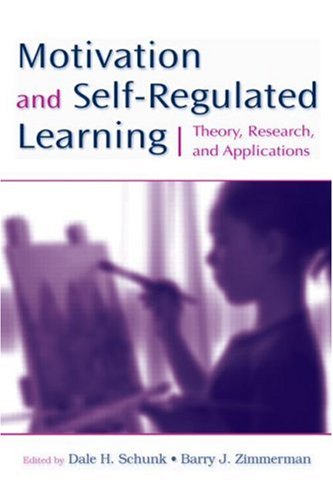
The primary objectives of Motivation in Education: Theory, Research, and Application, third edition, are:
to present major motivational theories, principles, and research findings in sufficient detail to help students understand the complexity of motivational processes and to provide examples of motivational concepts and principles applied to educational settings
Although different perspectives on motivation are presented, the text emphasizes the role of personal cognitions and beliefs during teaching and learning. This focus is consistent with the view that learners are active, constructive participants in the learning process; consequently, the text highlights how motivation is situated, facilitated, and constrained by various classroom and contextual factors.
Following an introductory chapter that defines and exemplifies motivation and discusses motivation research, how motivation relates to learning, and historical views of motivation, the next six chapters discuss theoretical and conceptual perspectives that stress the role of personal cognitions, beliefs, affects and values in motivation: expectancy-value theory, attribution theory, social cognitive theory, goal theory, interest and affect, and intrinsic and extrinsic motivation. The remaining three chapters focus on various contextual factors in promoting motivation: sociocultural influences, teacher influences, and classroom and school influences. By blending theory, research, and applications throughout, the text provides instructors and students with a unified view of the role of motivation in education.









